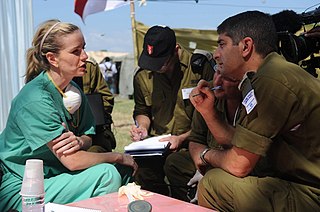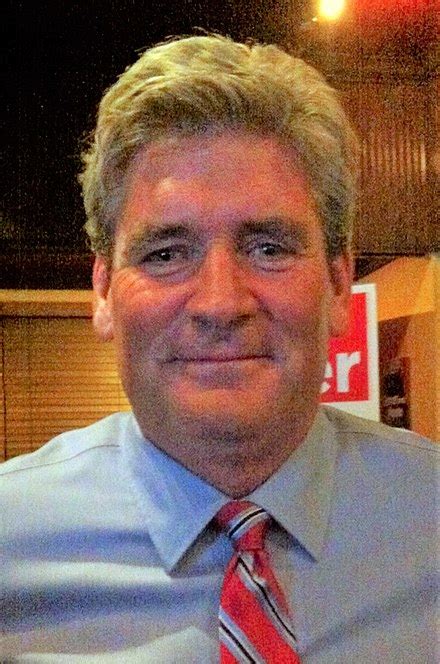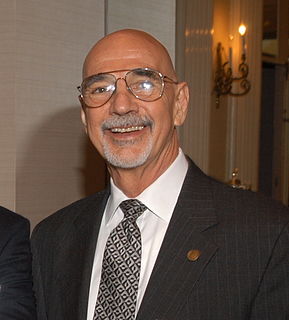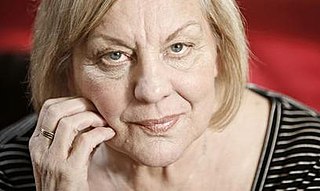A Quote by Robert Hass
As poet laureate, I was asked to be a spokesman for literature. Then what I decided is I am a spokesman for this other imagination of community - not the one showing up in the market. Nobody was tending to the way we're imaginatively connected to each other.
Related Quotes
The office of Speaker is almost as ancient as Parliament itself. It emerged in the Middle Ages when the Commons - the ordinary people - of England needed a spokesman in their dealings with the King, someone who would voice their grievances and present their petitions. This was by no means a safe or easy thing to do at that time, and potential spokesman generally had to be pressured into accepting the responsibility.
At the heart of my politics has always been the value of community, the belief that we are not merely individuals struggling in isolation from each other, but members of a community who depend on each other, who benefit from each other's help, who owe obligations to each other. From that everything stems: solidarity, social justice, equality, freedom.
We need each other to do things that we can't do for ourselves. If we are intimately connected with each other, we just give things to each other; if we don't know each other we find another way to handle it. If you think about it, each according to his or her abilities and each according to his or her needs is sort of the same thing as supply and demand.
There never is any such thing as one truth to be found in dramatic art. There are many. These truths challenge each other, recoil from each other, reflect each other, ignore each other, tease each other, are blind to each other. Sometimes you feel you have the truth of a moment in your hand, then it slips through your fingers and is lost.






































